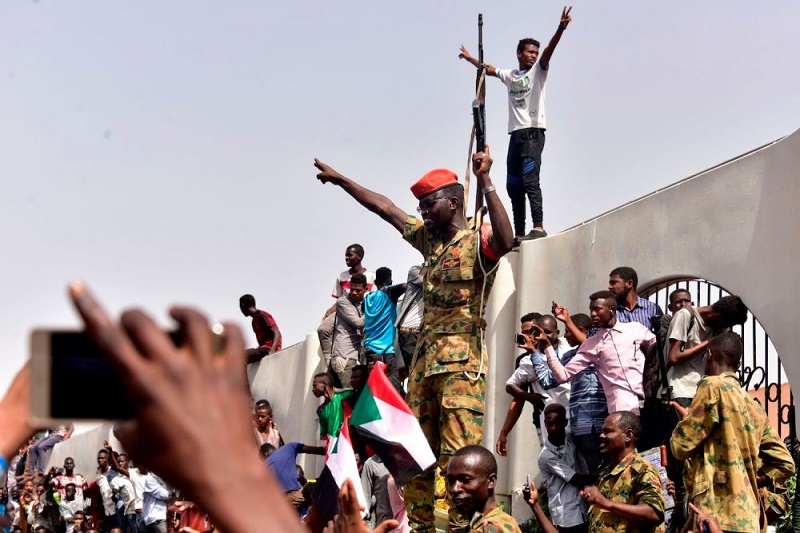
Sudan: the geopolitics of the coup
Sudan – “Sudan enjoys a strategic position, bordering seven countries. If we do our job well, this will have an extremely positive impact on the entire region “: with these words at the end of 2019, Prime Minister Abdallah Hamdok explained in an interview the strategic importance of supporting the democratization process in Sudan. Under his leadership, the country, which was once home to Bin Laden, was removed from the US blacklist of terrorist sponsors, opening up to foreign investment and paving the way for a massive debt relief deal with the International Monetary Fund and the World Bank.
In the past two years, the Khartoum government has also agreed to reimburse US victims of the USS Cole crash and attacks on US embassies in Nairobi and Tanzania. In addition, it has taken steps to normalize relations with Israel. On a global scale, with its more than 400 kilometers of coastline overlooking the Red Sea, a stretch of water where about a third of world maritime trade transits every year, Sudan was preparing to show all its strategic potential.
Sudanese premier Abdallah Hamdok and his wife, arrested two days ago after the military took power in a coup, were allowed to return to their home in Khartoum. The Sudanese media reports that the two have already returned to their home in the Kafouri neighborhood, manned by a massive deployment of security forces. General Abdel-Fattah Burhan, who had announced the government’s dissolution and declared a state of emergency, explained that the premier and his wife had been “hosted” in his home “for their safety.”
Related Posts
US Secretary of State Antony Blinken then spoke to Hamdok, whose release he welcomed but reiterated his call on the military to release all detained civilian leaders. The day after the coup, thousands of civilians poured into the streets of Khartoum, demanding the release of civilian government representatives and rejecting military intervention. In the clashes that occurred with the police, about ten people would have died. The military coup follows weeks of tensions between military and civilian leaders who make up the interim executive over the direction and pace of the democratic transition.
Under the constitutional agreements of 2019, confirmed in 2020 with a deal in Juba, the generals should have left the executive, handing the country over to a government composed exclusively of civilian representatives by mid-November. Sudan enjoys a strategic position, bordering seven countries. If we do our job well, this will have an extremely positive impact on the entire region “: with these words at the end of 2019, Prime Minister Abdallah Hamdok explained in an interview the strategic importance of supporting the democratization process in Sudan. Under his leadership, the country, which was once home to Bin Laden, was removed from the US blacklist of terrorist sponsors, opening up to foreign investment and paving the way for a massive debt relief deal with the International Monetary Fund and the World Bank.
In the past two years, the Khartoum government has also agreed to reimburse US victims of the USS Cole crash and attacks on US embassies in Nairobi and Tanzania. It has taken steps to normalize relations with Israel. On a global scale, with its more than 400 kilometers of coastline overlooking the Red Sea, a stretch of water where about a third of world maritime trade transits every year, Sudan was preparing to show all its strategic potential. Also, for this reason, “the coup risks compromising interests and image of the United States and its ability to shape events in this region. To the benefit of actors who have never really supported the democratic transition,” says Cameron Hudson, a former State Department official during the Bush administration. If elements of the previous regime manage to regain control of the country, Hudson warns, Sudan could once again be a hub for the smuggling of weapons and human beings.




